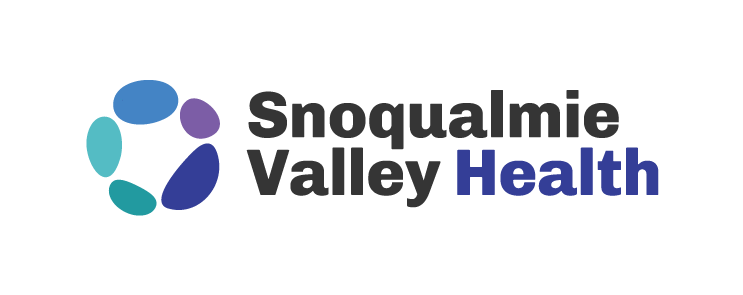April is Sexual Assault Awareness month, a chance for our community to celebrate survivors, empower victims, and work together to make our world safer and healthier.
Sexual assault is a prevalent social problem. About 1 in 3 women and 1 in 6 men will become victims of sexual assault within their lifetime, some of them more than once. Research indicates that being a victim at a young age increases your risk of experiencing victimization again later in life, pointing the way towards the need for consent, boundary setting, awareness, and nonviolent communication skills in our adolescents.
We use the term victim for those in the direct aftermath of the crime. They become survivors next. Thrivers is the last category, and this is achieved when the assault is part of the fabric of a life but fails to define it completely. Moving a survivor along this continuum takes a multidisciplinary team, including advocates, family and friends, and healthcare and mental health providers!
If you have been assaulted or know somebody who has, one of the best things that you can do for them is to support them unconditionally and help them find the path forward that suits them. If they are looking for non-forensic, comprehensive, discrete, and compassionate medical care, testing for sexually transmitted infections, or treatment, Snoqualmie Valley Health is here to help. If they are seeking a forensic examination, in which evidence is collected and preserved, this is a right that they have under the Violence Against Women Act (VAWA), even if they are not a woman. This exam is free to any survivor, regardless of whether or not they want to press charges or involve law enforcement. In most cases, although individual cases vary, evidence collection is now possible for up to 4 days after an assault.
If you are not sure where to turn, our clinics and emergency room can help guide you. We have also compiled a list of resources that you can turn to for more advice or guidance.
6 Steps to Support a Survivor (Joyful Heart Foundation):
- Listen: Sometimes people don’t even want words. Just the act of listening, witnessing, and hearing a person’s story can be incredibly powerful.
- Validate: Let the survivor know that you’re there for them, believe in them, and are committed to support them. Use phrases like “I believe you”, “I’m sorry this happened to you”, and “you’re not alone”.
- Ask what more you can do to help (be openly curious): Instead of making statements or demands, ask the survivor what would feel good to them, what kind of support they need.
- Know where to point someone to for more help: See our resource list!
- Keep an open heart: saying, and meaning, “I’m there for you, no matter what” makes the survivor feel supported throughout their journey, no matter how long or painful.
- Care for yourself: Hearing scary or sad stories can expose us to vicarious trauma, where you take in and are impacted by the experience of others. Make sure you know how to take care of yourself, whether that’s therapy, talking to an advocate or hotline employee, going outdoors, journaling, or something else.
Article written by Snoqualmie Valley Health Provider Katherine Thompson, PA-C.
Resources:
RAINN (https://www.rainn.org/): National anti-sexual violence organization. Offers online (chat) hotline, 24/7 hotline for referral and support, and lots of other resources and advocacy.
Joyful Heart Foundation (https://www.joyfulheartfoundation.org/): yes, Mariska Hargitay (Law and Order: SVU) started this foundation to help address various issues related to sexual violence. Great set of resources for survivors and supporters of survivors.
Refugee Women’s Alliance (https://www.rewa.org/): providing resources and support to refugees and immigrants in the Puget Sound area to encourage independence.
The Northwest Network of Bisexual, Trans, Lesbian and Gay Survivors of Abuse (https://www.nwnetwork.org/): wonderful organization offering care and resources specifically to the LGBTQ+ community.
Washington Coalition of Sexual Assault Programs (https://www.wcsap.org/): this is our state organization of programs that address sexual assault. It’s a good place to start for understanding where to seek care.
Harborview Center for Sexual Assault and Traumatic Stress (https://depts.washington.edu/uwhatc/): one of the closest, full-time forensic examination locations in the Puget Sound area; also offers extensive counseling, support group, and referral resources.
King County Sexual Assault Resource Center (https://www.kcsarc.org/en/): strong King County advocacy, counseling, support group, and resource organization.
National Sexual Violence Resource Center (https://www.nsvrc.org/): National organization with great search tools and lots of online information.

